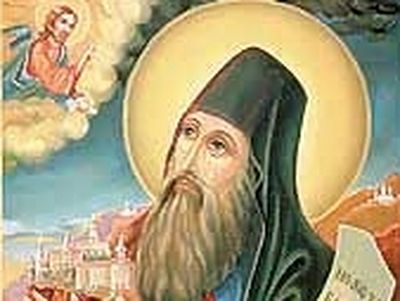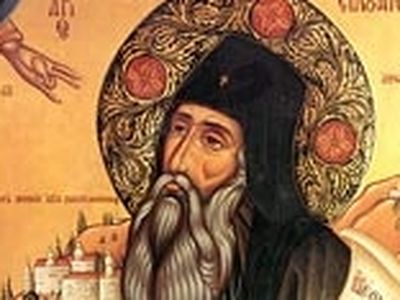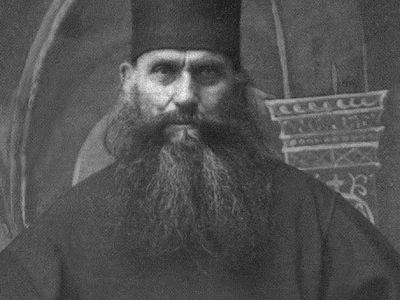Source: Orthodox Christian Network
Metropolitan Kallistos says that Elder Sophrony wanted his monastery to stay loyal to the tradition of Orthodoxy, but at the same time be open to the spirit of the world. He explains how monks in Essex Monastery practiced hospitality, and why Elder Sophrony wanted his monks be well-educated, so they could give proper guidance to those who asked for it. Metropolitan Kallistos also speaks about the life of prayer in the Monastery, and how monks and nuns live together.
He speaks about Elder Sophrony’s personal experience of “kenosis”, i.e. self-emptying, and his deep sensitivity, as well as his great sense of humour and joy. Metropolitan Kallisotos emphasizes the significance of this brotherhood in England, and of the importance of St Silouan the Athonite’s teachings on prayer.



